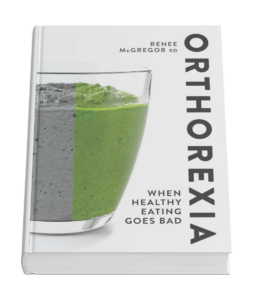Read and Listen
Introducing my new passion project
A podcast discussing the WHYs of life with two of my closest and dearest friends. We want you to pull up a pew, pour yourself a coffee and engage in those conversations you need to have.
PODCAST APPEARANCES

Tough Girl Podcast EXTRA
World Renowned Expert in Athlete Health & Performance, Ultra-Runner, and Women’s Sports Advocate

Stronger Minds
Orthorexia: When Healthy Eating Goes Bad with Renee McGregor
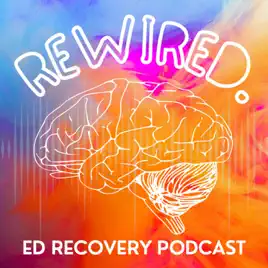
Rewired - Eating Disorder Recovery Podcast
Treatment, Orthorexia & Social Media - with Renee McGregor

The Runner's World UK Podcast
Renee McGregor: The Pros and Cons of Fasted Running

Running for Real Podcast
Renee McGregor: You Deserve Unconditional Self-Love
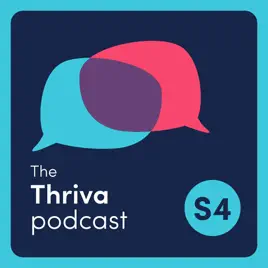
The Thriva Podcast
Exercise and your cycle

Outside & Active Podcast
Specialist sports and eating disorder dietitian
RECENT PRESS

Runners World
What to eat before and after a run Nail your pre- and post-run nutrition with this expert advice from leading sports dietitian Renee McGregor

Runners World
Get cracking: The benefits of eggs for runners Simple to cook and bursting with benefits, eggs are one of sports dietician Renee McGregor's food heroes
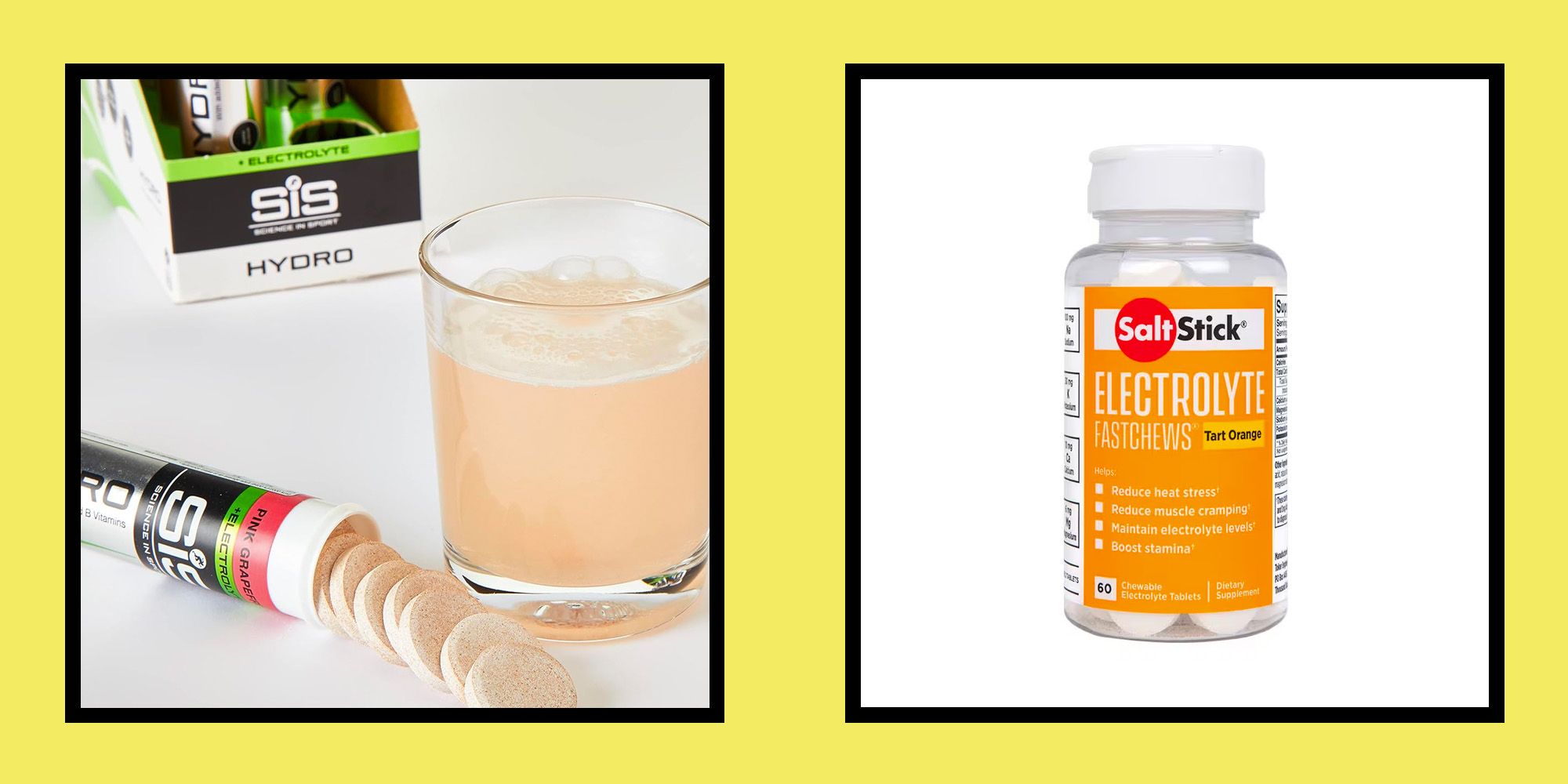
Runners World
The best electrolyte drinks, powders and tablets for running Electrolytes are a vital part of training and recovery – here's our pick of the best to keep you well hydrated

Runners World
Everything you need to know about nutrition for runners If you want to run better, recover faster and keep your whole body operating in harmony, then this is the nutrition guide for you

Runners World
Running and hormone health: Everything you need to know Why paying attention to your hormonal health is critical to your running and overall wellbeing

220 Triathlon
Protein: how much do you need? How much protein you should consume everyday when training for a triathlon depends on several factors, says Renee McGregor. Here she discusses protein requirements for endurance athletes

220 Triathlon
How to avoid weight gain in the triathlon off season While you undoubtedly deserve a rest and reduction in training, don’t forget to adjust your nutritional intake accordingly this off-season. Renee McGregor explains further…

BBC Food
Are extreme diet and exercise challenges worth attempting? Intense health and fitness programmes are all over social media at the moment, but are they right for you? We talk to the experts about the risks and rewards.
BOOKS PUBLISHED
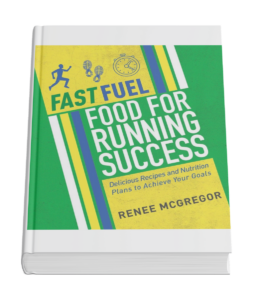
Fast Fuel Food for Running Success
Delicious Recipes and Nutrition Plans to Achieve Your Goals
Publication:
20th October 2016
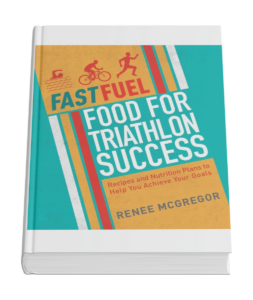
Fast Fuel Food for Triathlon Success
Delicious Recipes and Nutrition Plans to Achieve Your Goals
Publication:
20th October 2016
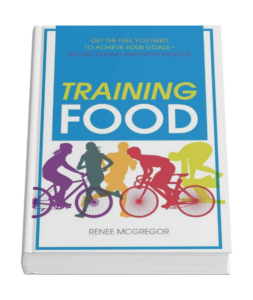
Training Food
Get the Fuel You Need to Achieve Your Goals Before During and After Exercise
Publication:
14th April 2015
PUBLISHED JOURNALS

BMJ Open Sport & Exercise Medicine
Relative energy deficiency in dance (RED-D): a consensus method approach to REDs in dance

Springer Nature Link
A consensus document on definition and diagnostic criteria for orthorexia nervosa
WEIGHT LOSS JAB STATEMENT
As a team we understand there is a lot of noise and (mis)information about weightloss injections (GLP-1/GIP Receptor Agonists like Moujaro and Wegovy) currently.
While they are aimed at a specific population group and intended to be used with wraparound clinical, dietetic and psychological care, they are also readily available via private prescriptions and online pharmacies. While we understand some individuals may not meet the NHS criteria for a prescription and will still benefit from the use of these drugs have no choice but to get a private prescription, it is the individuals who do not meet any of the criteria and are accessing the drug who are the issue. We, like others, have concerns about the safety and appropriateness of prescribing, particularly in people without a clinical indication, including those who are a healthy weight.
One of our main concerns is the return glamorisation of a thin body, versus that of a healthy body and the damage this is doing for the people we work with and support, but also more widely. We are starting to see how the mis-use of this drug is resulting in health consequences which are also going to lead to longterm demands on the already strained NHS.
Did you know….
Presently, 95% of people taking these drugs are buying them over the internet / from a private prescription. We are aware of numerous cases where individuals who do not meet the criteria for these medications are being prescribed them. In some cases, these drugs are being purchased from unlicensed online sellers.
The sale of these injections makes up 50% of income of most online pharmacies.
These facts are concerning enough but what is really problematic is that so few people appreciate the risk of using these injections, even those that might be eligible, let alone those that really don’t need them.
-
While rapid weight loss may be desired, the negative consequences this can have to cognition is not discussed. A study in 2017 showed that even 5% rapid weight loss could significantly impact cognition and result in eating pathology linked with eating disorder behaviour. 25% of Women and 50% of men were still considered to have an obese BMI but portrayed anorexic cognition and behaviours (K. Jean Forney MS et al. (2017) “Defining “significant weight loss” in atypical anorexia nervosa”, International Journal of Eating Disorders, vol 50, issue 8. P. 952-962).
- The use of these injections may result in loss of body fat but also includes a significant loss of muscle mass if not accompanied by appropriate nutrition support and strength training, which in the long term is detrimental to overall metabolic health. (Phillips, S. M. (2024) ‘Muscle matters: the effects of medically induced weight loss on skeletal muscle’, The Lancet Diabetes & Endocrinology, 8587(24), pp. 9–11.)
- There is a higher risk of nutritional deficiencies at intakes below 1200kcal / day for females and 1800 kcal / day for males. At present, no nutrition guidelines exist to show how best to support individuals using these medications. We do however have evidence of nutritional deficiencies with their use and individuals not meeting recommended intakes for vitamins, minerals, protein, or fibre, even after a short period of taking them.
(Johnson, B. et al. (2025) ‘Investigating nutrient intake during use of glucagon-like peptide-1 receptor agonist: a cross-sectional study’, Frontiers in Nutrition, 12. doi: 10.3389/fnut.2025.1566498.)
-
Similarly, the use of these injections alone doesn’t encourage a change in behaviour around food choice or even movement. While there is weight loss, this doesn’t necessarily mean that the individual’s health metrics improve. And presently, there is little support for Gps on how to wean someone off these drugs or what this means for them in the long term. Research shows that after cessation of these medications, 2/3 of weight loss is regained in a year, and there is a return to baseline weight in less than 2 years.
- These weight loss injections work on a number of mechanisms but one is to slow gastric emptying, holding food within the gastric tract for up to 72 hours longer than normal, leading to all sorts of implications for our gut biome and thus our immune and mental health.
- Rapid weight loss, regardless of the final weight, as well as impacting cognitive function, can also lead to a down regulation of endocrine (hormonal) processes, potentially having a serious effect on fertility and bone health. This will be further accelerated if combined with physical activity.
It is clear we are once again in an era where the obsession with a smaller body is doing the rounds. But it is also important to appreciate that while these weight loss injections may have an important role within certain population groups, they are not a good idea for those who just feel they want to lose a few pounds to “feel more confident” as the long term health consequences outweigh any potential benefits.
We want to reiterate that yes in certain population groups, that is those that are obese with a very high BMI, or those who are severely overweight and suffering with type 2 diabetes, and where quality of life is hugely impacted as a consequence of their weight, we support their use when when prescribed safely and appropriately of the prescription of weight loss injections as recommended and monitored by their GP.
However, as a team we would welcome a lot more stringent regulation around who can supply and how these injections can be purchased. In addition there is an urgent need for more research into the nutritional implications and how best to minimise risk of deficiencies and malnutrition. Expert support and monitoring should be provided alongside these medications, and the risks should be clearly communicated, particularly when assessed privately. While they have been developed to reduce the impact of obesity on the NHS, the fear is they may actually create more demands on the NHS in the longer term, relating to issues associated with bone health, fertility, gastroenterology and mental health, if wrongly used.
Laura Tilt – @neutratilty
Sohpie – @run free rehab
Emily – @ekb.nutrition
Lauren – @LMB Coaching






